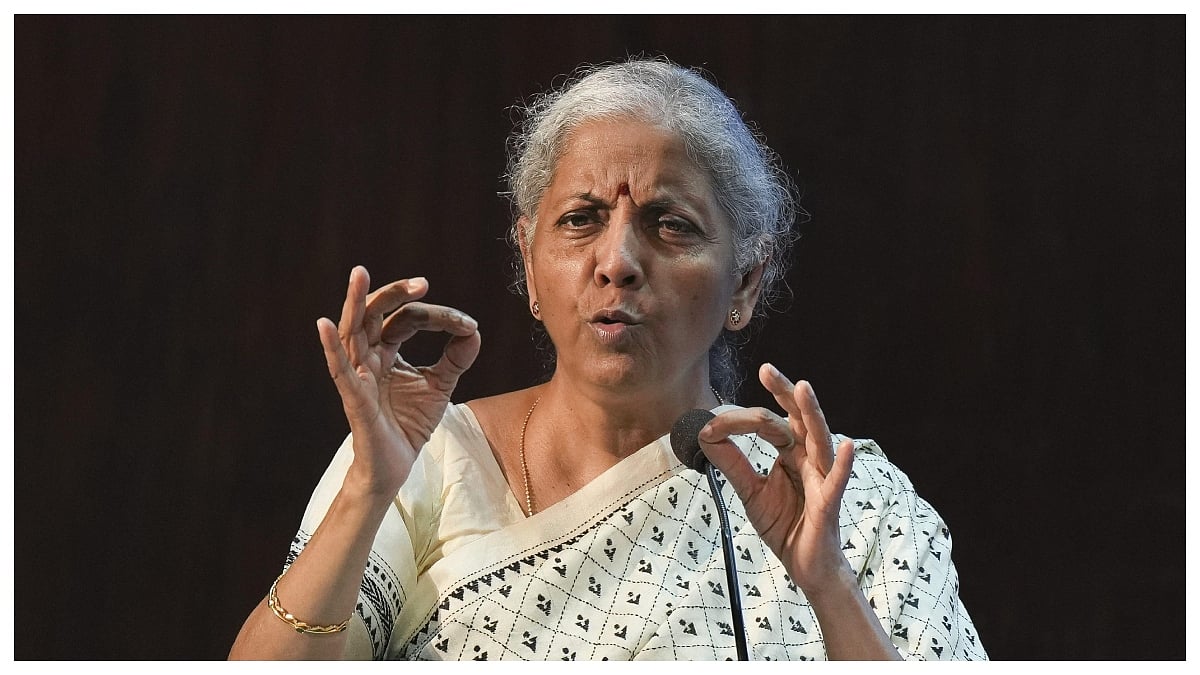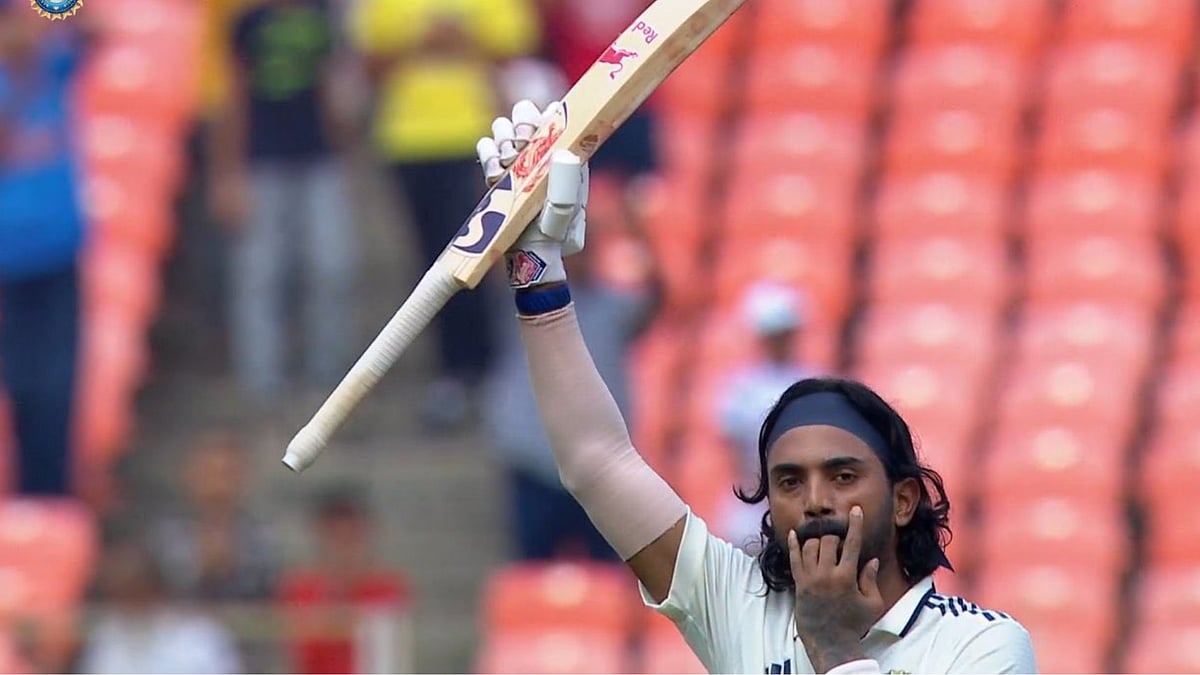Pravin Mote (in pic) is a social activist and researcher on environmental economics and climate change issues. He works with forest and mining affected communities in Chandrapur and Vidarbha region of Maharashtra. Pravin spoke with Chitra Sawant on India’s stance at the ongoing United Nations Climate Change Conference in Paris.
Q: India has submitted its plan at the COP 21 UN Conference on Climate Change, how useful will it prove for India?
A: The government has submitted its Plan titled as ‘India’s Intended Nationally Determined Contribution’ (INDC) to the UN Climate Convention in October. However, it was not nationally determined and it does not contribute in any way towards solving the climate crisis, it can only help worsen the crisis. For such an important document touching upon a number of crucial areas of public policy, a draft should have been introduced and discussed thoroughly in Parliament. The government should have asked for inputs from various organisations. The previous government had a National Action Plan on Climate Change and the state government had prepared a document, as our politicians are aware that we are not ready for any crisis-like situation like Chennai or the Mumbai deluge of 2005.
Q: What will be the impact of climate change on Mumbai?
A: There have been studies conducted in the past which state that climate change impacts will lead to economic losses for various sectors. It will cause the temperatures to rise resulting in rains and floods, and have consequent effects on health. The other consequences such as rise in deaths from vector-borne diseases, dislocation due to floods and sea-level rise have been shown as projected economic losses. The Maharashtra government does not any have assessment and vulnerability plan in place.
Q: Can you shed light on Carbon emissions, which is the main aspect of the conference and are we as a developing country ready for the climate policy mitigation?
A: The most crucial aspect of climate policy is mitigation, which hinges on the extent of carbon emissions, and its control. At the centre of India’s INDC is the proclamation that India intends “to reduce the emissions intensity of its GDP by 33-35 per cent by 2030 from 2005 levels”. India’s emissions in 2007 were about 1.9 billion tonnes. Even based on conservative estimates of GDP growth over the period 2005-2030, it implies that India’s emissions in 2030 will shoot up to at least five billion tonnes of CO2-equivalent, very likely more. Nothing can be more false: though India’s electricity generation capacity has trebled over the past decade – to 2,34,000 MW by 2014 – electricity access for the poor has been limited. The INDC and government policies are largely business-as-usual, there’s no reason to believe that the poor will benefit significantly from a much higher emissions development trajectory. On the contrary, it is the under-classes that will disproportionately pay the costs of higher emissions in terms of climate impacts, as we have witnessed in the Uttarakhand disaster, in cyclones, and in agriculture sector.
Q: The Government of India is committed to mobilise climate finance from internal resources as well from corporates to form clean energy investment coalition. How will it help in curbing climate change?
A: In the beginning of the INDC, it seems that the government has taken a bold step by trying to mobilize climate finance mostly from internal resources, including budgetary support. But towards the end it reveal that India is well short of mobilizing climate finance if it has to implement its proposed climate change actions between 2015 and 2030. INDC states that India requires up to $ 2.5 trillion between 2015 and 2030. The current financial mobilization and future estimates are actually nowhere near this whopping target. INDC does not mention clearly the market mechanisms that it wants to experiment with and very strangely failed to record also external finance and credit facilities that it is currently accessing. The submission, therefore, lacks clarity on resource mobilisation with a clear distinction between adaptation and mitigation fund.
Q: Can you comment on the present status of forests in relation to carbon sink?
A: The funding of the country’s most ambitious afforestation and eco restoration programme to develop India’s forests as a huge carbon sink (to justify increasing emissions) for future carbon trading is deeply problematic. Afforestation programme and the current fund of $ 6 billion earmarked for this programme has been mobilized on the basis of collecting Net Present Value (NPV) out of deforestation and diversion of forests for non-forest activity. If this continues India will see more deforestation, more mega projects, since the INDC text has projected a figure of $12 billion to be mopped up by 2019-20 for funding the development of India’s carbon sink. What this really hides is in order to turn the India’s forests into carbon sink it will continue deforestation, earn and fund this programme to develop a carbon market within the country. The recent guidelines to hand over 40% of the degraded forests to the private sector is a sign of tying up Indian forests to carbon trading.
Q: What kind of plan is required to curb carbon emissions and climate change crisis?
A: We as a people have to take responsibility, also how we negotiate with market and capital. We should have people participatory integrated energy policy, integrated transport policy, community farming, community planned and managed forest and also conserved areas. We have to have community-based monitoring, planning and managed cities provide with technical and financial support from Government.










